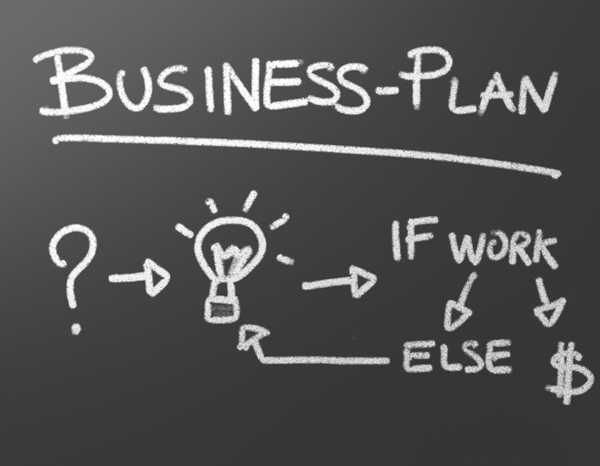
We interviewed Seamus Parfrey, one of the two principals of Parfrey Murphy Chartered Accountants.
Having obtained a B.Comm. degree from University College Cork he qualified in 1979 as a Chartered Accountant having trained in PricewaterhouseCoopers, Cork. He set up practice in 1980 and was admitted in 1985 as a Fellow of Chartered Accountants Ireland. He is a Registered Auditor and specialises in forensic accounting, business advisory services and advising businesses setting up in Ireland from abroad.
—–
1. What are the steps to set up a business in Ireland?
First of all you have to decide if you are going to set up a limited company or act as a sole trader. In the first case the company must be registered with the Companies Registration Office (CRO) and the company accounts must be returned to the CRO each year. Once the company is formed you will be required to register it with the Revenue Commissioners for various taxes and at the same time open up a bank account in the name of the company. It is relatively simple to set up as a sole trader as all you have to do is to register with Revenue: it’s very quick and easy.
2. How quickly can you set up a new business?
A company can be formed within 3 working days after CRO has received the appropriate set up documentation. As a sole trader you can start immediately.
3. What do you think is the best business sector to set up a business in Ireland?
An export business or a food business. The worst sector probably is construction, as the market has dropped through the floor!
4. What advices would you give to businessmen from abroad starting a business in Ireland?
I’d say maybe to get associated with good people and advisers who could help you. You have to make sure that your structure is properly set up. There are many differences between trading in Ireland and in the rest of Europe, in particular about bureaucracy.
5. What about taxation on new companies in Ireland?
The tax is 12.5% but can be reduced to 0% for a new business starting up for the first 3 years. However get advice in this area.
6. What do you have to do in case of failure?
If you see signs that your business is not going well you should get professional advice to help you manage the situation and to follow the proper procedures to shut down the business.
7. What kind of documentation do you need to set up a new business?
You need to provide your accountant and your banker with a copy of your passport or driving licence and a utility bill to prove your address. It’s all you need to start the ball rolling.
8. How do you think the economy changed in Ireland after the 2008 financial crisis?
What changed I suppose is that the confidence in the economy has been lost. There is general disillusion in business circles and credit from suppliers and banks is non existent literally.
9. Is it a good moment to set up a business?
It depends on the circumstances. If someone is unemployed maybe the best thing to do is to start by himself.
It could be a good time ’cause if you can survive the bad economy you have proved you can manage your business in bad times. So probably you’ll be a good manager in good times too!
10. What about the cost of setting up a new business in Ireland?
Actually to form a new company in Ireland with the Companies Registration Office, the cost can be just a few hundred euros. So it’s very cheap and we do it very quickly. You don’t need much documentation and the bureaucratic barriers are minimal.
—–
Seamus’ website www.parfreymurphy.ie has plenty of information to help someone starting a business in Ireland and he will welcome all enquiries by phone or email ([email protected]).
Luca Cattaneo


